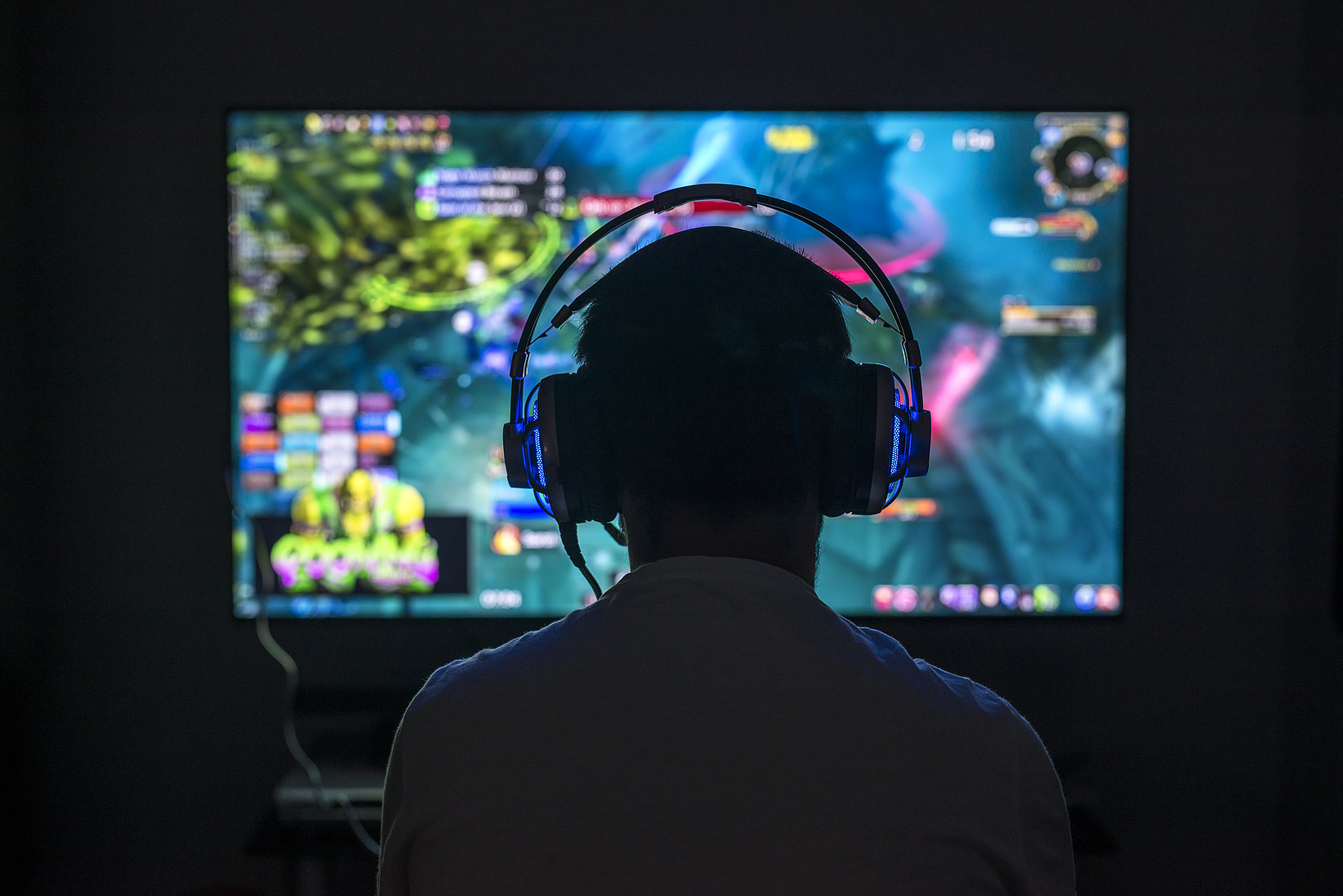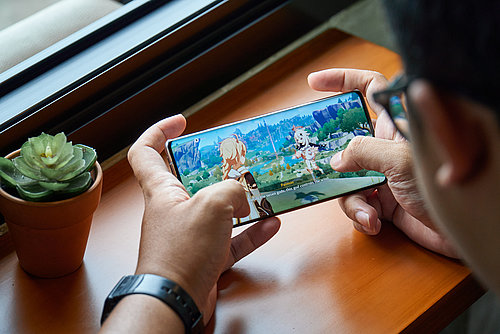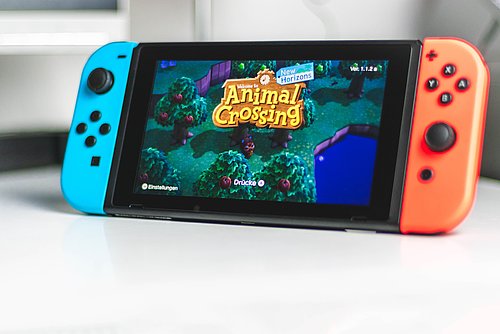
We are Family, Young adults, Gaming, Simulation
The Rise of Mundane Gaming

At first look, PowerWash simulator doesn’t seem like a formula for a hit video game. The plot doesn’t rely on a magical quest, there aren’t any character interactions and the graphics are pretty basic. The concept is simple: you start a power washing business and clean up a range of grimy scenarios with your high-powered jet washer—which sounds like the kind of base homecare job many of us go out of our way to avoid. But according to Youtuber and gamer Mark Edward Fischbach, better known to his 33 million followers by his online moniker Markiplier, PowerWash Simulator “scratched an itch he never knew he had” (his review of the game on Youtube has over 7 million views).
The game is quickly gaining a fanbase and is growing in popularity. PowerWash Simulator is part of an increasingly popular segment of the gaming industry that is now known as mundane games. It joins the likes of Lawn Mowing Simulator; a game in which you “enjoy perfectly serene environments as you achieve the perfect mow” with a choice of 12 mowers (all of which can be upgraded and customised) and options to control blade height and check your engine. Kinder World, a forthcoming game from Melbourne-based Lumi Interactive, takes things a step further. It asks players to take care of virtual houseplants by practising real world self care by way of “daily gratitude” and ‘emotional naming’.
These types of every-day simulator games are gaining popularity for a number of reasons. They’re generally gentler, simplified versions of real-world jobs, and according to gaming development expert Dr Simon McCallum, they aren’t just about the work in them; they’re about doing the work in an uncomplicated way without any complex decision making. This means that the games are instantly gratifying without being too challenging. In the idealised worlds of simulation games, there are no practical barriers to homeownership—you can mow a lawn the size of a football field and your immaculate, freshly power-washed home won’t be instantly spoiled by messy housemates or grubby kids.
Mundane games are also used by some players to relax. One reviewer of PowerWash Simulator called it the “ultimate low-energy game”, perfect for winding down before bed or after a long day of work. In their words, it’s the “most relaxing bit of homecare and none of the hassle.” This format is also thought to be uniquely relaxing and many players echo the above sentiment about escapism. Games have a reliable, calming predictability, and in the complex world we live in, a game where you systematically power wash a patio can feel simple and oddly satisfying.
Since 2020, mundane games have also been gaining bigger audiences on sites like Twitch. When the Covid-19 pandemic hit and people around the world were isolated from each other, many turned to online communities to socialise and viewership of simulator games began to rise (likely because of people seeking social connection). While nothing about watching others perform mundane tasks is particularly exciting, the games have become creative outlets for gamers to make humorous and engaging content, and watching these players could help some people to feel connected and calm.
Until recently, opinions on the benefits of these games have been anecdotal and largely speculative, but that is about to change. At present, game developer Futurlab is collaborating with researchers at the Oxford Internet Institute at Oxford University using PowerWash Simulator to study the effects of videogames on player’s mental health. The results of the study won’t be available for a few years, but in the meantime, pick up a power washer and see for yourself.


